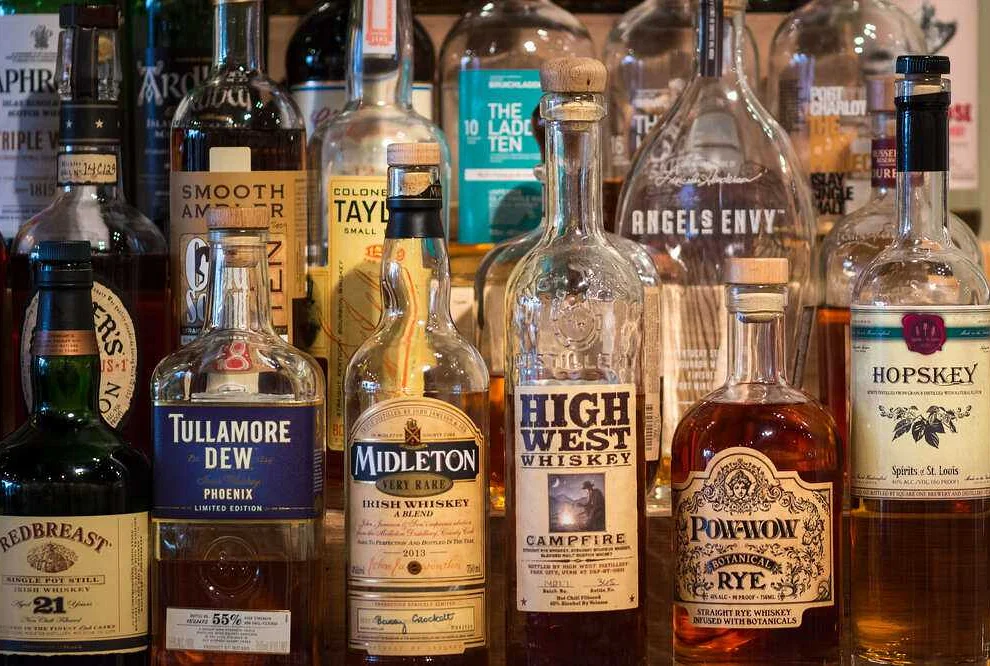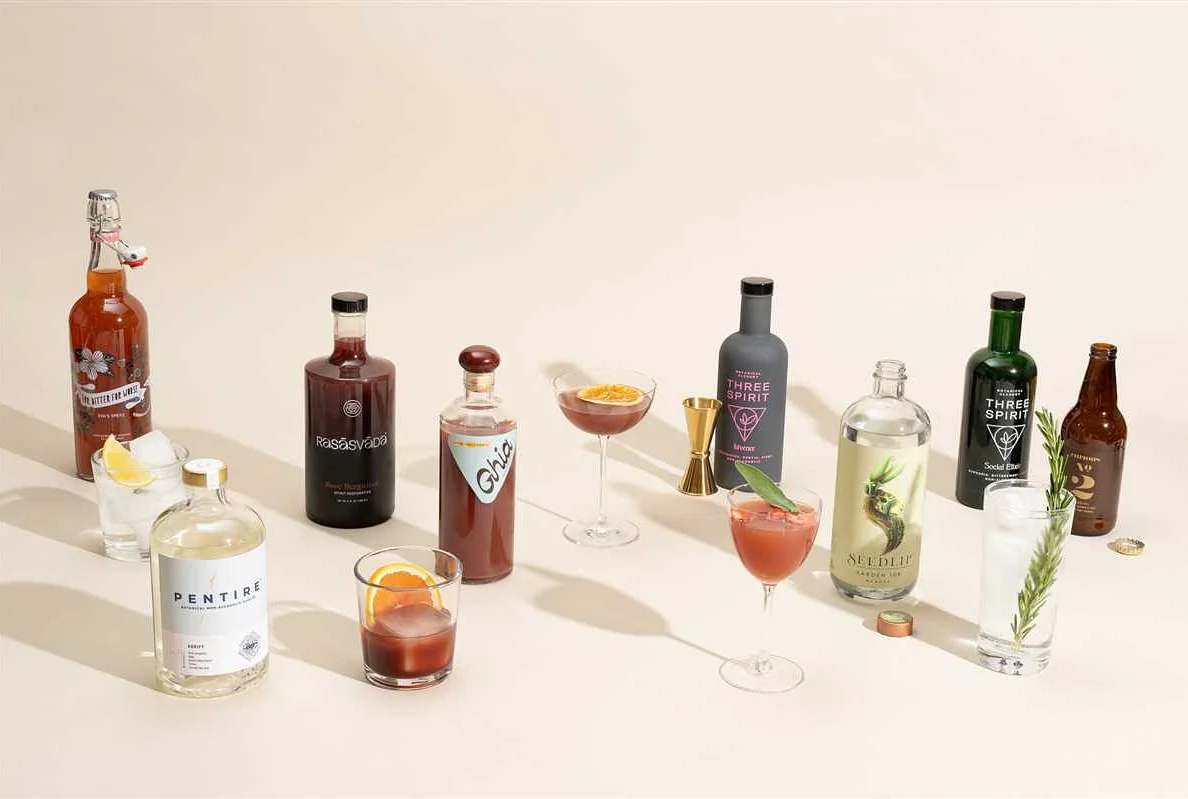Why Drinking Alcohol When You Have a Cold Is Not Recommended
Содержимое
Learn why it’s best to avoid consuming alcohol when you have a cold, as it can worsen symptoms and slow down the recovery process. Find out the negative effects of alcohol on the immune system and its ability to fight off viral infections. Discover why using alcohol externally on a cold can also be counterproductive and potentially harmful.
When it comes to battling a cold or the flu, it’s important to make smart choices about what goes into your body. While many people turn to alcohol as a way to relax and soothe their symptoms, it’s actually a risky move. Drinking alcohol when you’re sick can have detrimental effects on your health and make your illness worse.
One of the main reasons why alcohol and colds don’t mix is because alcohol can dehydrate your body. When you’re already battling a cold, your body needs all the hydration it can get to help flush out toxins and support your immune system. Alcohol, on the other hand, is a diuretic that can cause you to urinate more frequently and lose essential fluids. This can leave you feeling even more dehydrated and prolong your recovery time.
Additionally, alcohol can weaken your immune system and make it harder for your body to fight off the virus. Your immune system is already working overtime to combat the cold or flu, and introducing alcohol can interfere with its ability to do so effectively. Alcohol suppresses the immune system, making it less able to produce the necessary antibodies to fight off the illness. This can lead to a prolonged illness and put you at risk for developing complications.
It’s not just drinking alcohol that can have negative effects on your health during a cold – applying alcohol topically can be risky as well. Some people believe that rubbing alcohol on their skin or inhaling it can help kill germs and alleviate congestion. However, applying alcohol directly to your skin can actually dry it out and irritate it, making your symptoms worse. Inhaling alcohol can also be dangerous, as it can irritate your respiratory system and worsen coughing and congestion.
Overall, it’s best to avoid alcohol altogether when you’re sick with a cold or the flu. Instead, focus on staying hydrated with water, herbal teas, and other non-alcoholic beverages. Get plenty of rest, eat healthy foods, and take over-the-counter medications as needed to alleviate your symptoms. By prioritizing your health and making alcohol-free choices, you’ll give your body the best chance to recover quickly and fully.
Alcohol and Colds: The Dangers of Mixing

When it comes to colds, many people turn to alcohol as a way to alleviate symptoms or simply unwind. However, mixing alcohol and colds can be a dangerous combination with potentially harmful effects on your health.
Firstly, alcohol can dehydrate your body, which can worsen the symptoms of a cold. Colds often come with a sore throat and a runny nose, and when you consume alcohol, it can exacerbate these symptoms and make you feel even more uncomfortable. Additionally, alcohol can interfere with the immune system, making it harder for your body to fight off the virus that causes the cold. This can prolong your illness and make you more susceptible to secondary infections.
Another risk of mixing alcohol and colds is the potential for negative drug interactions. Many over-the-counter cold medications contain ingredients that can interact with alcohol, leading to adverse effects. For example, mixing alcohol with cough suppressants can cause drowsiness and impair your ability to drive or operate machinery safely.
Furthermore, drinking alcohol while you have a cold can delay your recovery. Alcohol can weaken your immune system, making it harder for your body to heal and bounce back from illness. It can also disrupt your sleep patterns, which is crucial for your body’s healing process. Lack of quality sleep can negatively impact your immune system and prolong the duration of your cold.
In summary, it is important to avoid mixing alcohol and colds. Alcohol can worsen cold symptoms, interfere with your immune system, and lead to negative drug interactions. It can also delay your recovery and prolong the duration of your illness. It is best to prioritize rest, hydration, and over-the-counter medications specifically designed to treat cold symptoms to help your body fight off the virus and recover quickly.
Weakening the Immune System

Alcohol consumption can weaken the immune system, making it harder for the body to fight off infections, including the common cold. When alcohol is present in the body, the immune system’s ability to produce necessary antibodies and cells is compromised.
Alcohol also suppresses the production of cytokines, which are proteins that help regulate the immune system’s response to infection and inflammation. This can lead to prolonged cold symptoms and increased susceptibility to other illnesses.
| Reduces white blood cell count | Decreased ability to fight infections |
| Impairs the function of macrophages | Reduced ability to engulf and destroy bacteria and viruses |
| Inhibits the production of antibodies | Reduced ability to neutralize pathogens |
| Disrupts the balance of gut bacteria | Compromised gut health, which is closely linked to immune function |
Furthermore, excessive alcohol consumption can lead to nutritional deficiencies, particularly in vitamins A, C, and E, as well as zinc, all of which are crucial for a strong immune system. Without these nutrients, the immune system may be further compromised.
It is important to note that even moderate alcohol consumption can have negative effects on the immune system, so it is best to avoid alcohol altogether when dealing with a cold or any other illness.
Slowing the Healing Process
While having a cold or illness, consuming alcohol can actually slow down the healing process. Alcohol is known to weaken the immune system, making it more difficult for your body to fight off the virus or bacteria causing your illness.
When you drink alcohol, it can also lead to dehydration, as it acts as a diuretic and promotes increased urination. This can further hinder the healing process, as staying hydrated is important for the body to efficiently flush out toxins and heal itself.
Furthermore, alcohol can interfere with the body’s ability to absorb important nutrients, such as vitamin C, which are crucial for a strong immune system and the healing process. It can also impair the body’s ability to produce white blood cells, which play a key role in fighting infections.
Applying alcohol topically to the skin during illness can also have negative effects. Alcohol can dry out the skin and strip away its natural protective barrier, making it more susceptible to further irritation and infection.
In summary, consuming or applying alcohol during illness can slow down the healing process by weakening the immune system, promoting dehydration, interfering with nutrient absorption, and damaging the skin’s protective barrier. It is advisable to avoid alcohol during colds or illnesses to give your body the best chance to recover and heal effectively.
Interference with Medications

Alcohol consumption during illness can interfere with the effectiveness of certain medications. Mixing alcohol with medications can have a variety of negative effects on the body and can potentially lead to dangerous interactions.
Reduced effectiveness: Alcohol can reduce the effectiveness of certain medications by interfering with their absorption, metabolism, and elimination from the body. This can result in the medication not working as intended, potentially prolonging the duration of the illness or worsening symptoms.
Increased side effects: Combining alcohol with certain medications can intensify the side effects of both substances. For example, alcohol can amplify the drowsiness caused by certain cold medications, making it dangerous to drive or operate heavy machinery.
Liver toxicity: Both alcohol and some medications are metabolized in the liver. Drinking alcohol while taking certain medications can increase the risk of liver toxicity, as the liver has to work harder to process both substances at the same time.
Interactions with antibiotics: Drinking alcohol while on antibiotics can interfere with the effectiveness of the medication and potentially reduce its ability to fight off the infection. It is important to follow the instructions provided with the antibiotics and avoid alcohol consumption until the course of treatment is completed.
Masking symptoms: Alcohol can mask the symptoms of an illness, making it difficult to accurately assess the progress of the disease and determine the effectiveness of medications. This can delay appropriate medical intervention and potentially lead to complications.
It is important to consult with a healthcare professional or pharmacist when taking medications to determine if alcohol should be avoided. They can provide specific guidance based on the medication being taken and the individual’s health condition.
Remember, when it comes to alcohol and colds, it is best to avoid drinking alcohol to give your body the best chance to recover.
Dehydration and Increased Cold Symptoms

When you have a cold, your body is already working hard to fight off the infection and restore balance. Alcohol can further dehydrate the body and make it harder for you to recover.
Alcohol has diuretic effects, which means it increases urine production and can lead to excessive fluid loss. This can worsen dehydration, a common symptom of colds, and make you feel even more tired and fatigued.
Dehydration can also affect your body’s ability to clear mucus from your nasal passages and throat, leading to increased congestion and discomfort. It can also make your throat feel dry and scratchy, worsening sore throat symptoms.
In addition to exacerbating dehydration, alcohol can also weaken your immune system. This can make it harder for your body to fight off the cold virus and prolong your illness.
Furthermore, consuming alcohol while taking over-the-counter cold medications can have dangerous interactions. Some cold medications contain alcohol or other ingredients that can cause drowsiness. Combining these with alcohol can increase sedation and impair your coordination and judgment.
It is best to avoid alcohol when you have a cold to give your body the best chance of recovery. Instead, focus on staying hydrated by drinking plenty of water, herbal tea, or other non-alcoholic fluids. This will help to relieve symptoms and support your body’s natural healing process.